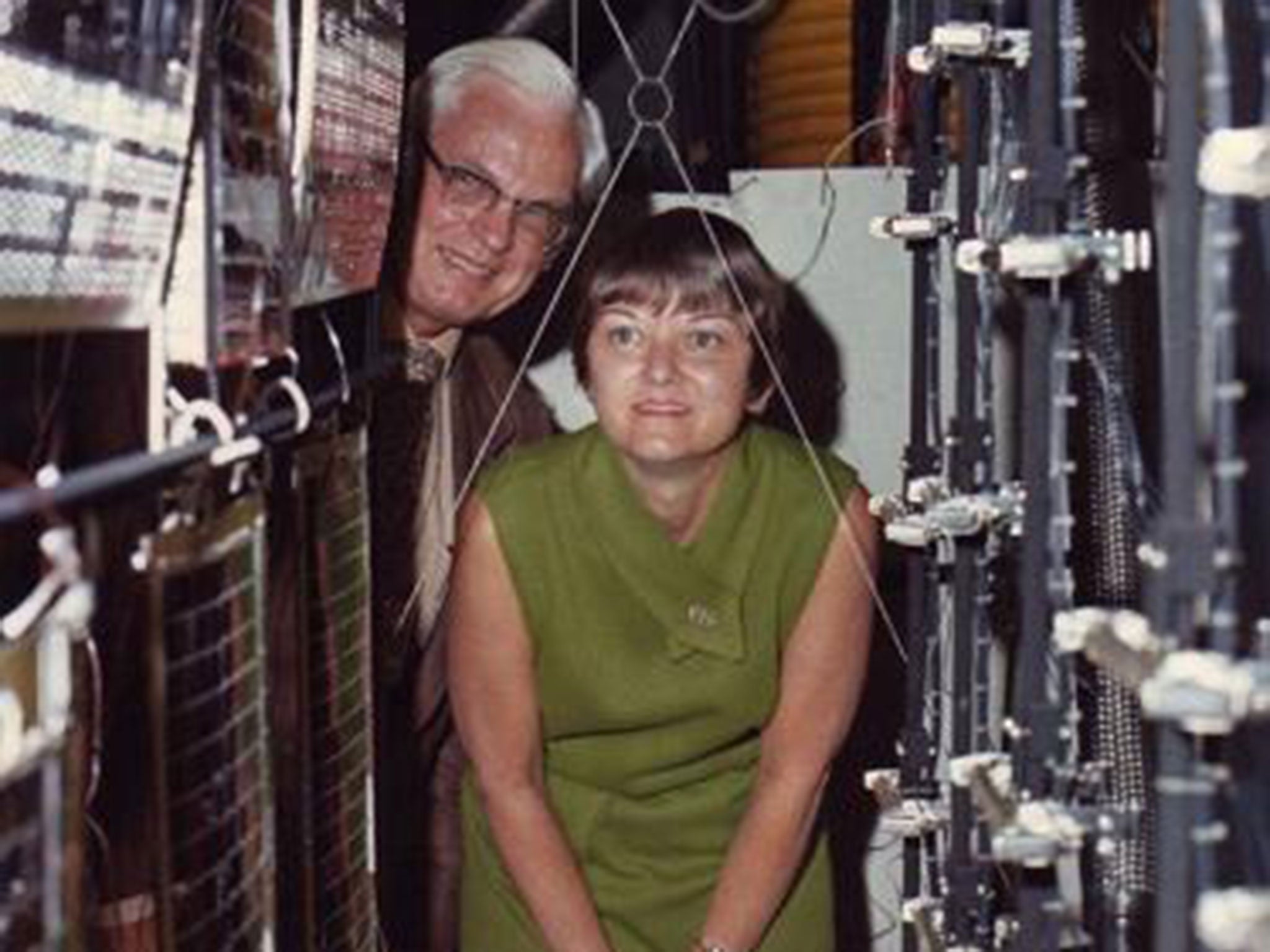Marjorie Townsend: Electrical engineer who joined Nasa and became the first woman to manage the launch of a US spacecraft
Townsend also oversaw the development and launch of Uhuru, the first X-ray astronomy satellite

Marjorie Townsend was an electrical engineer who became the first woman to manage the launch of an American spacecraft. In 1959 she was one of the first female engineers to join Nasa, and she became the first female spacecraft project manager at Nasa's Goddard Space Flight Centre in Greenbelt, Maryland.
From the mid-1960s to 1975 she managed Nasa's small astronomy satellite programme, responsible for the design, construction, testing and operations of Nasa's first astronomical spacecrafts. Most notably, she oversaw the development and launch of Uhuru, the first X-ray astronomy satellite. Launched in 1970, it was used to detect, survey and map celestial X-ray sources and gamma ray emissions.
According to the American Association for the Advancement of Science, the findings from the Uhuru launch "quadrupled the number of X-ray sources known at the time," and as Josh Grindlay of Harvard said, "It was a really important moment in the history of astronomy." The data helped revolutionise high-energy astronomy and astrophysics, which examine the universe in terms of wavelengths and examines high-energy phenomena such as black holes.
In 1951 she became the first woman to receive an engineering degree from George Washington University. "The thought seems to lurk in people's minds that women go into a man's field to catch a husband," she said in 1957. "In fact, there was a wager on the line when I went to school that I would get married and never graduate. That gentleman had to pay up."
MEGAN McDONOUGH
Marjorie Trees Rhodes, engineer: born Washington 12 March 1930; married Charles Townsend (died 2001); died 4 April 2015.
© The Washington Post
Join our commenting forum
Join thought-provoking conversations, follow other Independent readers and see their replies
Comments